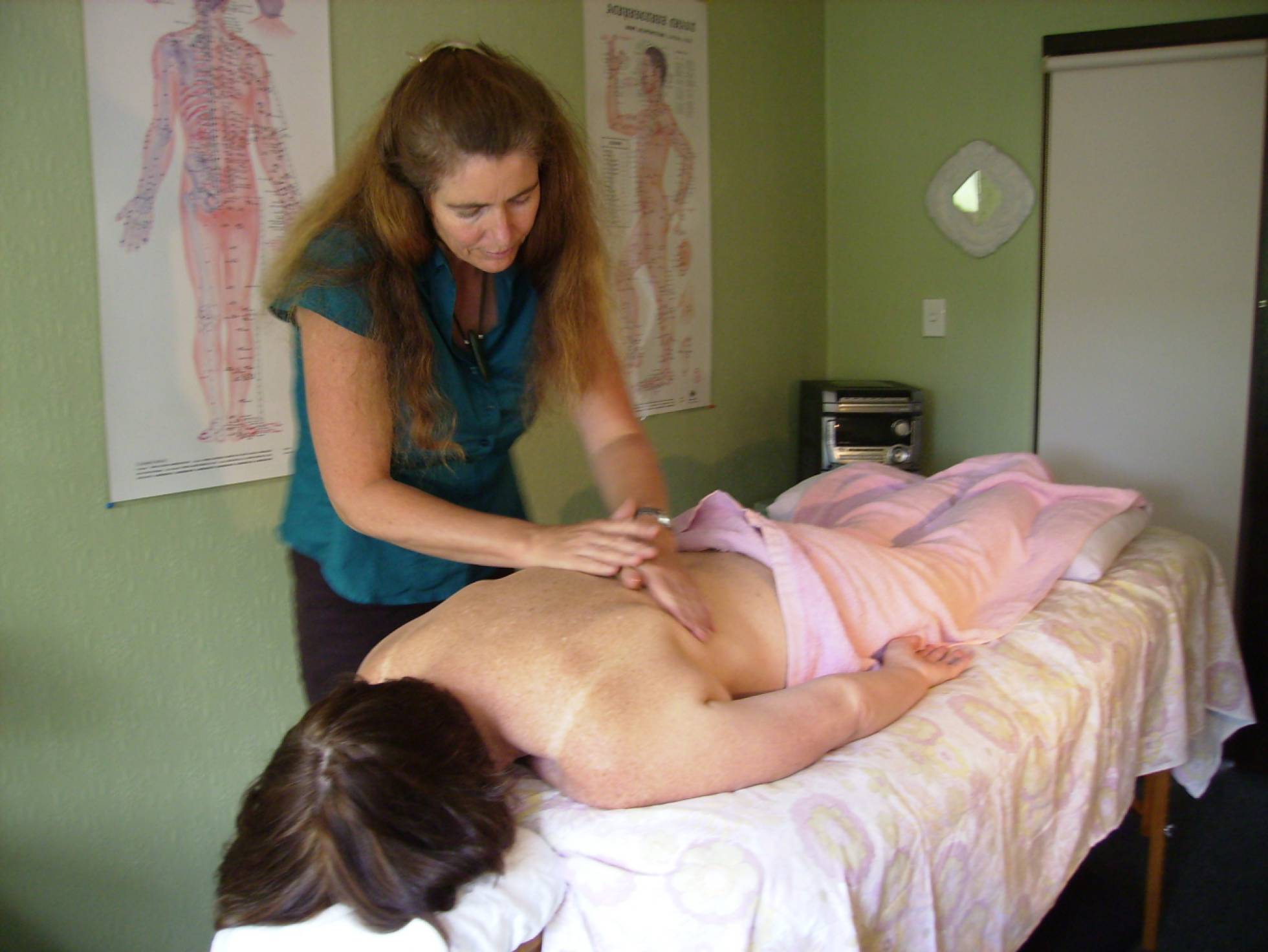Experts warn of serious consequences if authorities do not take action to counter the growing popularity of treatments like reiki
 An alternative health center.Jaap Buijs
An alternative health center.Jaap Buijs
JAVIER SALASEl PaisApril 24, 2018
Apparently Spaniards are somewhat confused over the scientific basis of so-called pseudo-therapies, with experts warning of grave consequences. The last Sociological Investigation Center (CIS) survey carried out in February included questions on pseudo-medicine such as homeopathy and reiki for the first time. Despite the lack of concrete proof that pseudo-therapies can be effective, Spanish society appears hazy on what distinguishes conventional medicine from the pseudo variety.
While some expressed skepticism over the effectiveness of pseudo-therapies and explained they wouldn’t resort to them because they didn’t work, more stated that they hadn’t used them either because they were expensive, they didn’t know about them or they hadn’t needed them, suggesting they could resort to them in the future.
Practices like yoga that truly promotes well-being gets confused with reiki which is simply a trick
HEAD OF THE OBSERVATORY AGAINST PSEUDOSCIENCE JERÓNIMO FERNÁNDEZ “The data clearly confirms the confusion,” says Josep Lobera, a researcher at the Autonomous University of Madrid who says of homeopathy, “Most people think it’s a [conventional] medicine because it is sold in pharmacies in its box, with a prospectus and even prescription.”
It turns out a significant number of the medical profession are in favor of alternative therapies –18.4% of pseudo-therapists have the support of healthcare professionals while 14% have been informed about a pseudo-therapy at their health clinic.
According to Elena Campos, president of the Association for the Protection of the Sick from Pseudoscientific Therapies (APETP), “People go to a professional because they believe they are going to help them be cured but you could actually be getting further away from the chance of [the right] treatment. It has highlighted the need to inform the public in general and also train [medical] professionals so that they know what they are up against.”
https://elpais.com/elpais/2018/04/19/inenglish/1524134049_353111.html
 An alternative health center.Jaap Buijs
An alternative health center.Jaap BuijsJAVIER SALASEl PaisApril 24, 2018
Apparently Spaniards are somewhat confused over the scientific basis of so-called pseudo-therapies, with experts warning of grave consequences. The last Sociological Investigation Center (CIS) survey carried out in February included questions on pseudo-medicine such as homeopathy and reiki for the first time. Despite the lack of concrete proof that pseudo-therapies can be effective, Spanish society appears hazy on what distinguishes conventional medicine from the pseudo variety.
While some expressed skepticism over the effectiveness of pseudo-therapies and explained they wouldn’t resort to them because they didn’t work, more stated that they hadn’t used them either because they were expensive, they didn’t know about them or they hadn’t needed them, suggesting they could resort to them in the future.
Practices like yoga that truly promotes well-being gets confused with reiki which is simply a trick
HEAD OF THE OBSERVATORY AGAINST PSEUDOSCIENCE JERÓNIMO FERNÁNDEZ “The data clearly confirms the confusion,” says Josep Lobera, a researcher at the Autonomous University of Madrid who says of homeopathy, “Most people think it’s a [conventional] medicine because it is sold in pharmacies in its box, with a prospectus and even prescription.”
It turns out a significant number of the medical profession are in favor of alternative therapies –18.4% of pseudo-therapists have the support of healthcare professionals while 14% have been informed about a pseudo-therapy at their health clinic.
According to Elena Campos, president of the Association for the Protection of the Sick from Pseudoscientific Therapies (APETP), “People go to a professional because they believe they are going to help them be cured but you could actually be getting further away from the chance of [the right] treatment. It has highlighted the need to inform the public in general and also train [medical] professionals so that they know what they are up against.”
https://elpais.com/elpais/2018/04/19/inenglish/1524134049_353111.html

No comments:
Post a Comment